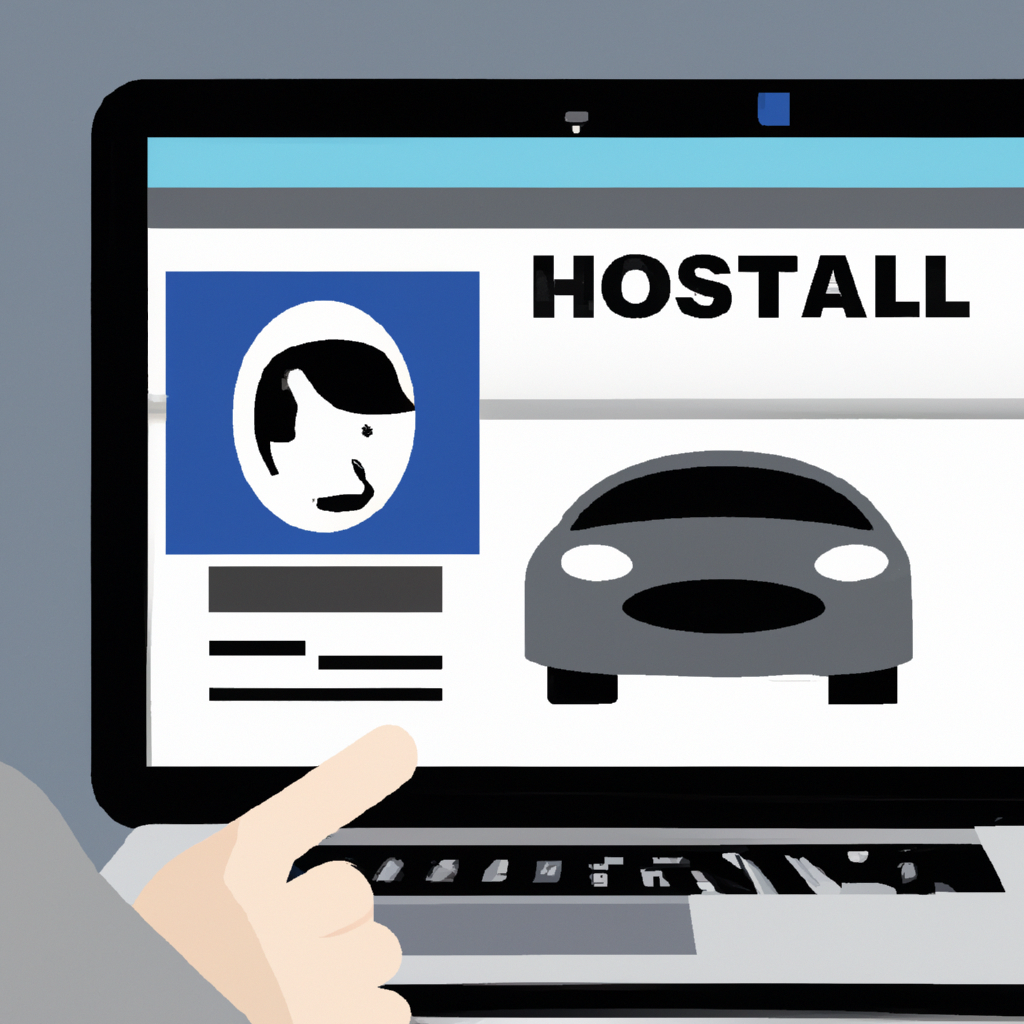When purchasing a used vehicle or simply verifying the details of one you own, understanding how license plate lookup works can be incredibly beneficial. This process provides a wealth of information about a vehicle’s history and specifications, which can guide your buying decisions and ongoing vehicle management. Whether you’re concerned about past accidents, theft records, or simply want to confirm the car’s specifications, a license plate lookup can reveal crucial insights. In this post, we will explore the ins and outs of a license plate lookup, including what information it reveals, how it connects to VIN decoding, and how you can effectively use this tool in your vehicle research endeavors.

Understanding How License Plate Lookup Works
A license plate lookup is a process where you enter a vehicle’s license plate number into an online database to retrieve specific details about the car. This procedure can provide information such as the vehicle’s make, model, year, engine type, and more. Additionally, it can reveal vital history reports, including previous ownership details, accident history, and even odometer readings. This wealth of information is compiled from various sources, including state DMV records and insurance companies, offering a comprehensive view of the vehicle’s past.
What License Plate Search Shows
Conducting a license plate search can uncover a variety of information that is crucial for both buyers and current vehicle owners. Here’s a breakdown of what you can typically expect from a license plate lookup:
- Vehicle Specifications: Basic details like the make, model, year, and engine type.
- Ownership History: Information about previous owners, which can indicate how the vehicle was used.
- Accident History: Records of past accidents, which can affect the vehicle’s value and safety.
- Theft Records: Checks to see if the vehicle has been reported stolen.
- Odometer Readings: Helps verify the accuracy of the current mileage.
The VIN Decoder Connection
Understanding the connection between a license plate lookup and a VIN (Vehicle Identification Number) is crucial for thorough vehicle research. The VIN is a unique code assigned to every motor vehicle, which acts as its fingerprint. A license plate lookup often complements VIN decoding by confirming the information retrieved from the VIN. This dual approach ensures that you are getting accurate and complete data.
When you perform a VIN decode using a service like the VinCheckPro’s free VIN decoder, you can validate the vehicle specifications and history obtained through the license plate search. This can be especially helpful in verifying discrepancies or confirming the integrity of the vehicle’s history.
Why Use a License Plate Lookup Tool?
Using a license plate lookup tool provides a layer of security and assurance when dealing with used vehicles. It can help uncover hidden issues that may not be immediately visible during a physical inspection. For instance, if a vehicle has been in a major accident and repaired, a license plate lookup can bring this to light, potentially alerting you to structural issues that could affect safety.
Steps to Perform a License Plate Lookup
Performing a license plate lookup is a straightforward process:
- Locate the vehicle’s license plate number.
- Visit a reliable online license plate lookup service, such as VinCheckPro.
- Enter the license plate number into the search field.
- Submit the request and review the report generated.
This report will provide you with all the available data, allowing you to make an informed decision about purchasing or maintaining a vehicle.
Frequently Asked Questions (FAQ)
Can I perform a license plate lookup for free?
Yes, some services offer free basic license plate lookups that provide limited information. However, comprehensive reports that include detailed history and specifications may require a fee.
Is it legal to perform a license plate lookup?
Yes, performing a license plate lookup is legal in the United States as long as it’s done for permissible purposes, such as vehicle research or verification, and not for malicious intent.
Do I need both a license plate lookup and a VIN check?
While a license plate lookup provides a wealth of information, pairing it with a VIN check can offer a more complete picture of the vehicle’s history and specifications. This dual approach is recommended for thorough due diligence.
What if the license plate and VIN information don’t match?
If there are discrepancies between the license plate lookup and the VIN check, it could indicate potential issues such as title washing or incorrect registration. It’s advisable to investigate further or consult a professional before proceeding with a purchase.
How often should I check my vehicle’s history?
It’s a good practice to perform a history check when buying a used vehicle and periodically during ownership to ensure no new records have surfaced that could affect your vehicle’s value or safety.